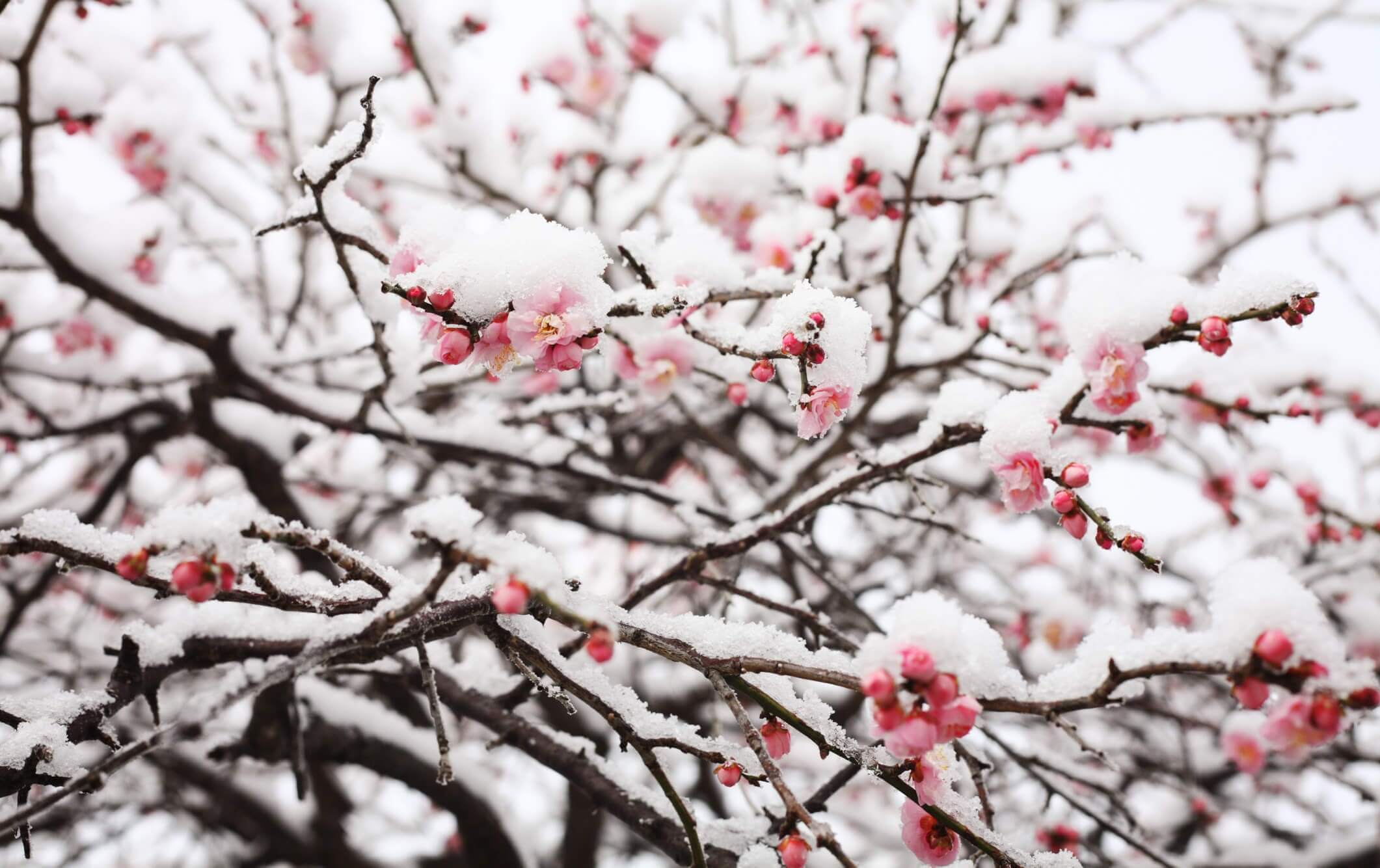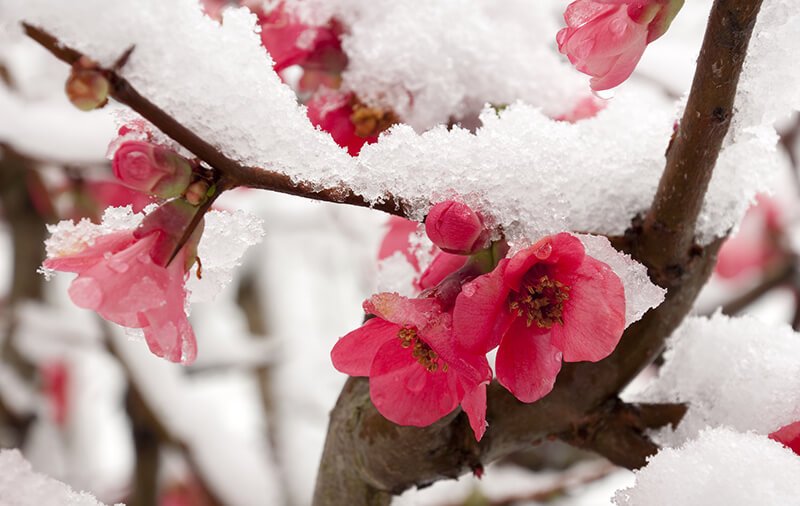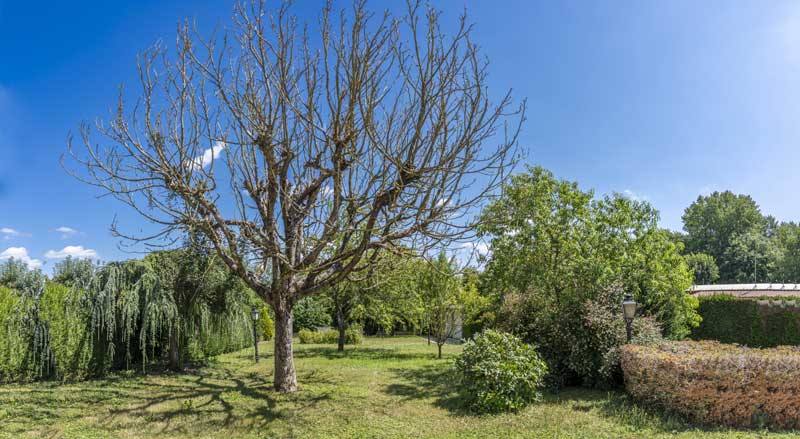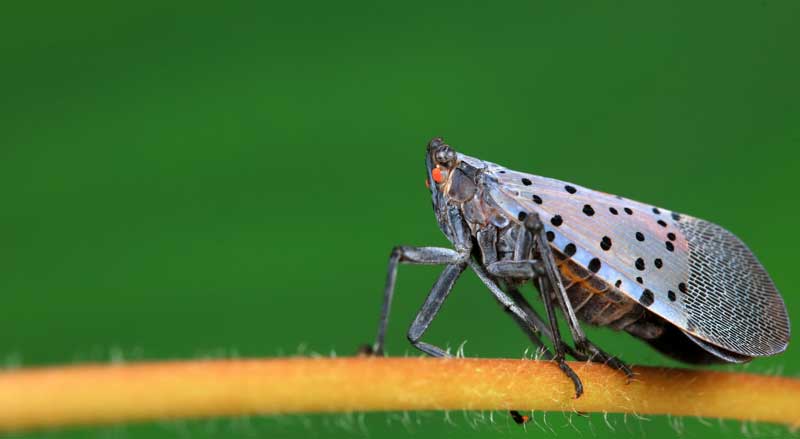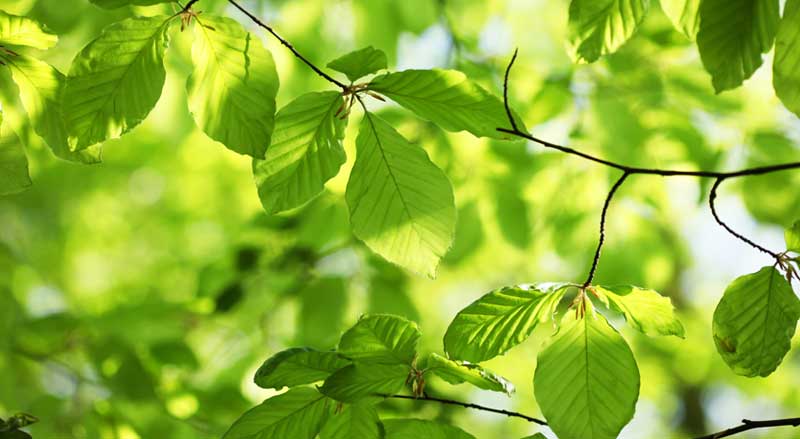Flowering, fruit, and ornamental trees need different levels of care during the colder months. Here’s what NJ homeowners need to know about protecting trees in winter.
Once the last crimson leaf floats down from its wooden home, we start preparing for winter. You may have looked around your property before the harsh cold began. But have you inspected your trees after recent high winds?
Winter weather can be tough on trees. Without proper precautions, your tree’s longevity can be interrupted.
Preparation Is Important
It is important to tend to your trees each season. Checking on their progress four times a year will alleviate unsafe and expensive issues. Preparing your trees during fall for the colder months of the year will help them thrive in spring.
If you missed the boat on getting ready for the winter – it is ok. You can still do some work now to aid in protecting your trees in winter.
Water
Make sure trees are well-watered and given nutrients during fall, to prepare it for the winter to come. You should continue to water the tree daily until the ground freezes. Often, trees do not get enough water during this time.
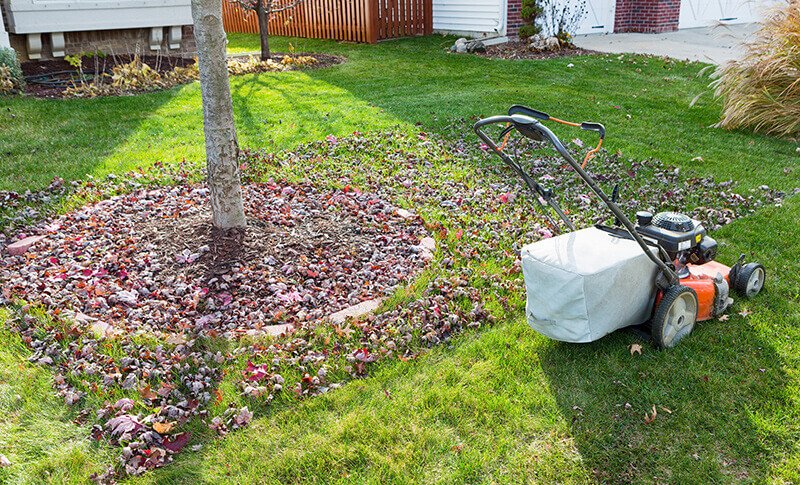
During winter water trees when there isn’t any snow covering the ground and the temperature is above 40 degrees. Trees and shrubs can get dried out during winter. Monitor their progress to ensure their growth.
Rake Leaves Around Trees
Rake up any fallen leaves around your trees all year long. They can provide a safe harbor for pests — which are detrimental to your trees and home.

A thick layer of leaves around your trees can lead to diseases and brown patches.
Ditch the Fertilizer
During winter, trees are in energy-saving mode. Meaning their roots are not taking in the amount of nutrients they normally do. This means fertilizing your trees in the winter is a waste. Instead, wait until spring or fertilize in the fall months, before freezing temperatures.
Mulch Rings
A few inches of mulch can keep trees warmer during the winter. Be sure not to pile any mulch directly around the base of the tree.
Allow a few inches of breathing room between the trunk and mulch.
Use Tree Blankets for Protecting Trees in Winter
Use a tree blanket to reduce any potential damage from rapid temperature changes. Especially on the lower parts of the trunk and lower branches. Younger trees are more vulnerable to issues caused by cold snaps.
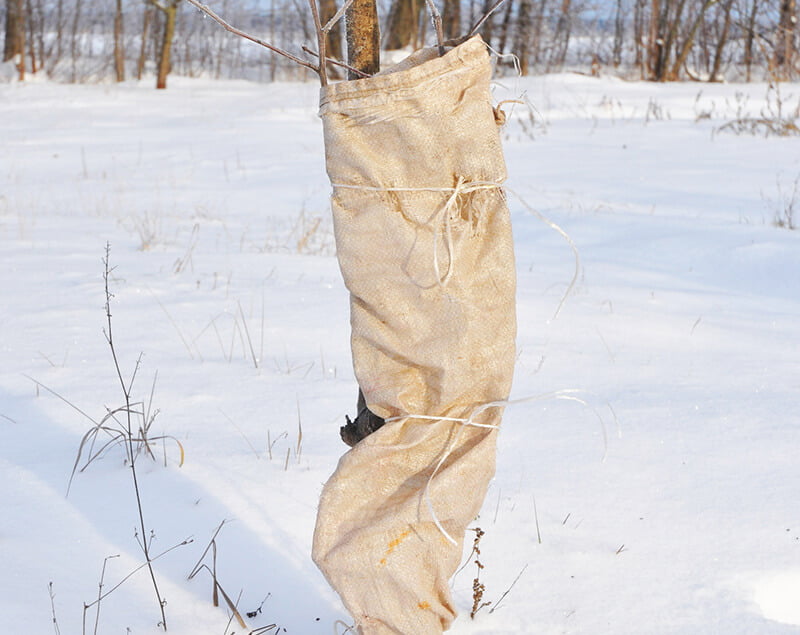
Tree wrap consists of polypropylene fabric, paper, or cardboard. You can find tree wraps at your local hardware store.
Check for Signs of Damage
Check for signs of rodent damage, as pests will be burrowing throughout the winter. Make sure mulch is not providing a nest for rodents and other pests.
Aphids are a growing concern in the New Jersey area. Consider using natural deterrents, such as scent deterrents, around your trees.
Salt-Free De-Icing Near Trees is Best
Avoid using salt around your trees, as it dries out the trunks. While you may need to clear your driveway or walkways of snow and ice, salt can be extremely dangerous to trees.
Use a salt-free de-icing solution or make sure the run-off isn’t near your trees or plants.
Don’t Let Snow Build Up
Never let snow build up. Not only is it dangerous for the tree, but it’s also dangerous for people and your home. Heavy snow falling from branches can harm the structures on your property. It can also fall unexpectedly on you or your family members.
Snow around a tree can cause it to crack easily. Water ends up between the bark and trunk of the tree and then freezes. The process of defrosting during the day and freezing at night causes cracks.
Fruit Tree Winter Care
Remove Dropped Fruit
Be sure to remove any fruit on the ground, surrounding your tree. Any dropped fruit should be removed after fall but before freezing temperatures begin.
Regardless of the time of year, leaving fruit is a bad idea. Rotting fruit can draw pests, mold, and other unhealthy issues.
Prune Trees
Clean up any branches that are growing into other branches. This will help protect your tree against strong winds. Winter is a good time to prune because there is less chance of transferring disease or insects.
OUR PICK: Top 5 Fruit Trees for New Jersey
Flowering Tree Winter Maintenance
Prune Back
Like fruit trees, you should take the time to prune flowering trees. Since flower trees are ornamental, think about the shape you want them to take in the spring season.
Don’t worry if you over-prune<, all your preparations will ensure your tree grows back.
Wrap Your Trees
Flowering trees benefit greatly from being wrapped. It helps them avoid any ruptures and cracks in the base or branches. This option is best if the weather in your area is oscillating wildly from warm (in the day) to cold at night.
OUR PICK: Top Flowering Trees for Your Landscape
If you’re concerned about the health of your New Jersey trees, it might be a good time to call a professional. A little maintenance is worth a lot when it comes to tree care. A small issue can spiral into a much larger problem if left unchecked.
Contact the fully licensed and insured professionals at Trees Unlimited NJ to learn more about our services.

